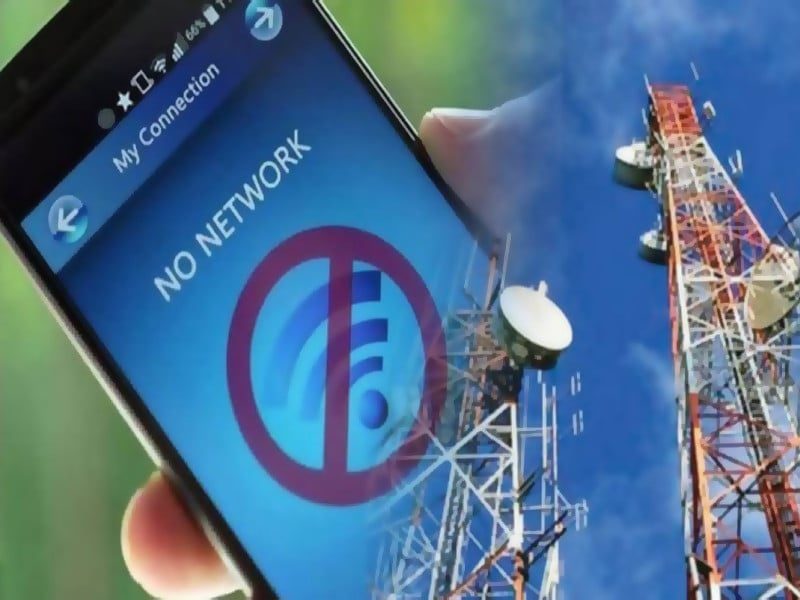
ISLAMABAD: Amnesty International has urged Pakistani authorities to increase transparency regarding the ongoing internet disruptions and the use of surveillance technology. The rights group expressed concern about the lack of clarity surrounding the deployment of tools that block content, slow down, and control internet speeds.
Jurre Van Bergen, a technologist at Amnesty International, criticized the opacity of Pakistani authorities in their use of monitoring and surveillance technologies. “The opacity of the Pakistani authorities regarding the use of monitoring and surveillance technologies that block content, slow down, and control internet speeds is an alarming concern,” Van Bergen stated. He emphasized that such technologies, including national firewalls, are often at odds with human rights principles.
Van Bergen added, “These pervasive tools undermine online freedom of expression and access to information. The internet is critical for the public’s right to be informed, citizen self-expression, e-commerce, and the digital economy.” He also noted the impact on the Pakistani diaspora, highlighting that internet disruptions create anxiety among Pakistani communities abroad who struggle to connect with loved ones. Amnesty International has called on Pakistani authorities to provide clear explanations for these internet disruptions and to ensure that monitoring and surveillance systems are not used in ways that are unnecessary, disproportionate, or in violation of international human rights law.
On August 21, Pakistan Telecommunication Authority (PTA) Chairman Major General (retd) Hafeezur Rehman attributed the internet disruptions to a fault in a submarine cable. His remarks came during a meeting of the National Assembly’s Standing Committee on Information Technology, chaired by Syed Aminul Haque.
In response, Minister of State for Information Technology (IT) Shaza Fatima Khawaja denied government involvement in the internet slowdown, attributing the issues to excessive use of Virtual Private Networks (VPNs). She explained that the increased use of VPNs had put additional pressure on the internet infrastructure. “The government realizes that people are frustrated by these issues. However, efforts are being made to prevent further disruptions,” Khawaja said.
Since July, internet networks have been reported to be up to 40% slower than normal, with disruptions affecting documents, images, and voice notes on WhatsApp, which is used by millions of people. Digital rights experts have suggested that the state might be testing a firewall that is causing these service disruptions.
The IT minister’s statement followed allegations from the business community and internet service providers that the government’s increased monitoring of internet traffic, including the implementation of a firewall, has led to significant nationwide slowdowns, resulting in economic losses. The Pakistan Software Houses Association has warned that the firewall’s “inexplicable opacity and ambiguity” could potentially cost the IT sector up to $300 million.
The Islamabad High Court (IHC) has received a petition challenging the nationwide internet shutdowns, with the Chief Justice seeking responses from the government and the PTA by August 26. The petition, which names the Cabinet Secretary, Secretary of Information Technology and Telecommunication, Interior Secretary, PTA Chairman, and the Ministry of Human Rights as respondents, claims that the firewall installation has significantly slowed down internet speeds, negatively impacting the digital economy and particularly affecting the youth.
- #AmnestyInternational,
- #InternetDisruptions,
- #SurveillanceConcerns,
- #TransparencyCall,
- #DigitalRights,
- #PakistanInternet,
- #VPNUsage,
- #FirewallImpact,
- #EconomicImpact,
- #ITSlowdown,



